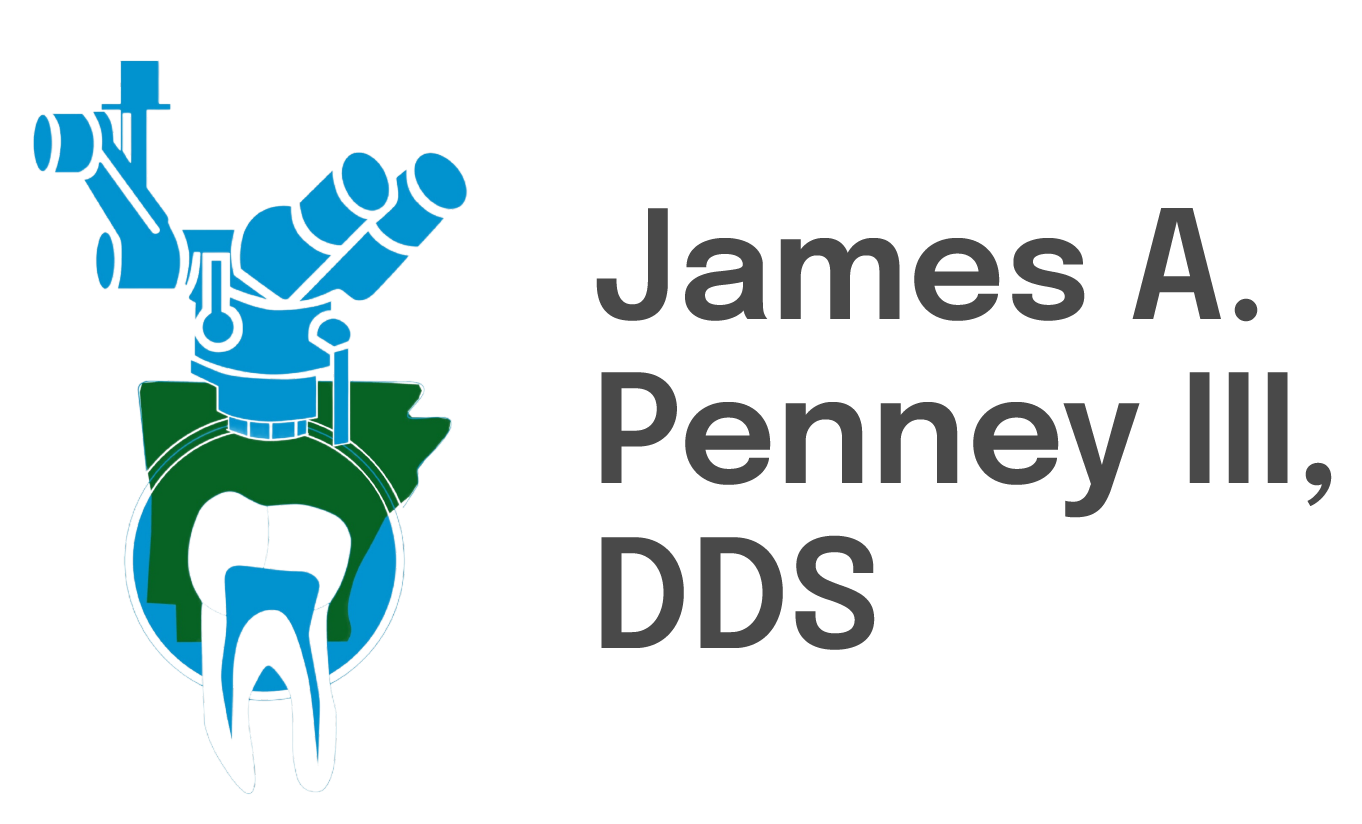Root Canal Preparation and Tips from your Little Rock Endodontist
An abscessed tooth is no joke when it comes to dental infections. What starts out as a small bacterial infection can spread and really cause a patient pain. That is where root canals come in handy.
Root canals are often used to treat abscessed teeth. The procedure is used to go inside the tooth and remove any unwanted bacteria or growing infection. A root canal that treats an abscessed tooth before it worsens will save the patient from potentially life-threatening complications.
Here are a few more things you should know about how a root canal procedure will treat an abscessed tooth.
How to tell if you have an abscessed tooth.
The only way to tell is to have a dentist or endodontist examine your tooth. If you experience any of the following symptoms, it’s time to get that exam.
- Jaw pain. A constant ache in your jaw is a fairly common symptom of an abscessed tooth.
- Swollen gums. Do your gums look swollen in the sore spot? In an abscessed tooth, the bacterial infection has become infected and will start to cause swelling.
- Chewing pain. Even if you can’t tell which tooth the pain is coming from, it is still a sign of an abscessed tooth.
- Sensitivity to touch. Once you’ve noticed a sore, possibly swollen spot on your gums, your first instinct might be to run your tongue over it. An abscessed tooth will be sensitive to touch. The pain may worsen from even the smallest of pressures.
What causes an abscessed tooth?
Trauma or poor dental hygiene. The infection that leads to an abscessed tooth can only be caused by an infection inside your tooth. The pulp dies due to being exposed or damaged, then it becomes inflamed. Since the pulp is located at the core of your tooth, the damage or decay that would cause it would be significant.
The best way to prevent an abscessed tooth is to see your dentist on a regular basis. Even if you think your dental hygiene is good, you may be brushing too hard, or missing a spot. A dentist will help you determine how to adjust your dental hygiene routine so your teeth remain protected.
If your tooth is injured, see a dentist as soon as you can. The pain will likely indicate a problem right away. However, even if you don’t experience any pain, seeing a dentist will ensure that no smaller cracks have begun to form.
